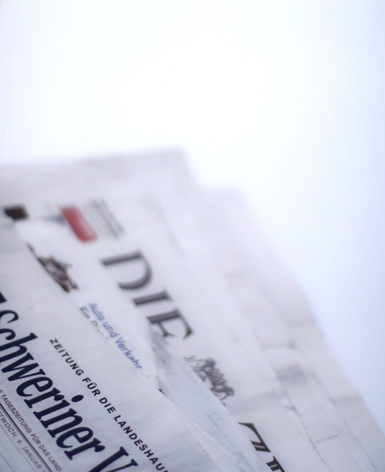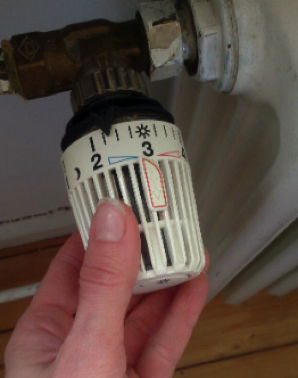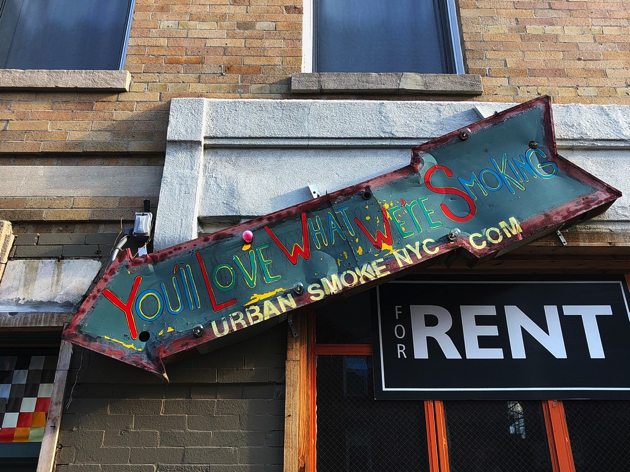Figure 1 : Photo by Lance Grandahl on Unsplash
Hello there! Welcome to the first post in our new series of articles about life, culture and social life in Germany. In the first article about moving to Germany, Konrad Smith writes about his experience finding a place in Berlin and gives useful advice for those looking to do the same.
Moving is an ordeal no matter where you come from but in some countries it’s relatively unregulated. I remember biking around looking for “for rent” signs in my student days. I could just call the landlord from the front door and half an hour later, it was a done deal. It’s technically not impossible to find a place like that in Berlin, or in other German cities, but definitely not recommended, not even if you’re a young student, let alone an adult looking for just the right home.
So how do you go about finding your new home in Germany? If you’re willing to spend the cash, the easiest way is through an agent, or einen Makler. For a fee, eine Maklergebühr, they will happily walk you through the process, whether you’re renting or buying. If, however, you’re keen on taking matters into your own hands, there are a few things for which you need to be prepared. The first is the shortage in rental suites in big cities. In addition to the usual websites like Immobilienscout24, Immowelt or Ebay-Kleinenanzeigen (Ebay classifieds), you may also want to try good old-fashioned newspaper ads, Zeitungsinserate or Anzeigen in der Tageszeitung.

Figura 2: Foto de Florian Steffen en Unsplash
If you are trying to rent, it’s not unusual to contact the landlord, der Vermieter, and never hear back, so it’s good to expand your options and be persistent.
“Guten Tag, ich möchte eine Wohnungsbesichtigung vereinbaren.”
Hello, I’d like to arrange an apartment viewing.
A visit to your future home is called a Besichtigung, and watch out, you may be doing it with 20 or more other people! To make sure you stand out above the rest, come prepared. Be sure to have everything you need on you in case the place turns out to be your dream home. Bring a copy of your ID along, or eine Kopie des Personalausweises, and don’t forget your Bestätigung über die Mietschuldenfreiheit, also known as a Mietschuldenfreiheitsbescheinigung. This is a confirmation that you don’t owe any outstanding rent and though it’s not required by law, some new landlords are eager to see one. The catch is, your previous landlord can charge you to give you one. According to Immonet, you might pay up to 50 EURO to get this confirmation and the landlord is not even obliged to give you one. A way to get around this is to have receipts for the rent you’ve already paid.
A Schufa-Bonitätsauskunft is another useful thing to have. In short, this is a credit check and you can even get it for free, but make sure you order it at least a month in advance. For a fee, you can have the certificate as quickly as in three days. Many landlords also require einen Einkommensnachweis, or proof of income. These can come in a variety of ways, from a letter from your employer, or your Arbeitgeber, to your tax return, deinen Steuerbescheid.
Though it’s not as common, some particularly determined renters also offer a Mieterselbstauskunft, or a voluntary disclosure of personal information. There are various websites that suggest what information you ought to provide, and what information is best to keep private. In short, it’s a personal statement declaring that you don’t owe any rent, that you haven’t been involved in any legal battles with your previous landlord, and that you don’t have creditors at your heels.
Just as important to be aware of is the information that you aren’t required to disclose, just in case your future landlord is especially curious. You don’t have to reveal what your personal taste in music is. You needn’t mention previous convictions or whether or not you receive Wohngeld or Mietzuschuss, which is a rent subsidy. You are also not required to say if you are planning to have children or if you are a member of a renter’s union, einen Mieterverein, which is a useful organization that can help you if you do find yourself in a sticky situation in the future. Naturally, you also don’t have to mention if you have Rechtsschutzversicherung, which is a type of insurance that will cover your legal fees (to a point) if you do get into a legal battle of almost any sort. Finally, questions about religion or citizenship also don’t have to be answered, and if the landlord presses on any of these issues, you have the right to give him or her false information.
Of course, in a particularly hot renter’s market, some people are giving away extra information in order to seduce landlords to their side. It’s not unheard of to make a lifestyle résumé, an attractive document that, for all intents and purposes, advertises the individual or family as the ideal new tenant. Some come in the form of slick PDF portfolios with photographs and details about the future tenants’ personal lives. I’ve only heard of this through word of mouth, from a friend who is currently looking to do an apartment swap (Wohnungstausch), but it gives you an idea of how competitive the market has become!
Nebenkosten
Like many other places, the cost of the rent, or your Kaltmiete, doesn’t include all the other costs that will inevitably be tacked on, some of which can amount to an increase of 300 Euro or more per month. Just as New York is famous for the cold water walk-up―the term for an apartment with no hot water and no elevator―different cities in Germany have their own idiosyncrasies. In Berlin, for example, apartments don’t come with a kitchen or lighting fixtures, but more on that in the next blog post. Before you get to moving into your dream home, you still have to jump through a few hoops to get there.
One of those hoops are the Nebenkosten, which can include your water, your heating, your electricity as well as your Rundfunkbeitrag, which is mandatory by the way. The Rundfunkbeitrag is your monthly payment for commercial-free public radio and television.
Water, heating and electricity are all things that one tends to pay separately, unless you are paying a Warmmiete, which often includes water and heat but very rarely electricity. Your Warmmiete might also include a few other things, like the Abfallgebühr (garbage pick-up fee) or Hausverwaltungskosten, the fee you pay for general tenement upkeep. Heating can be particularly costly depending on how well insulated your apartment is. If you live in an Altbau, which usually refers to pre-WWII buildings, you may be paying a lot more. The rooms are magnificently large, the ceilings impressively tall, but the heating costs will correspond accordingly.

In my experience in Berlin, Nebenkosten are typically calculated a year in advance, and then at the end of the year, when the water and heat use are calculated, you may get a portion back, or you might have to pay up. The next year’s costs are based on the average of the previous year’s use.
Finally, we can’t forget the Kaution, or your deposit, which can be between one and three month’s rent in advance. The landlord is obliged to pay this back when you move out, provided that your apartment remains in good shape.
You’re now almost ready to sign your first Mietvertrag (lease) in Germany. But for that you’ll have to wait until the next blog post. Until then, good luck and happy house hunting!
If you’re looking for additional vocabulary I can recommend you the following link.
Wortschatz:
der Makler – real estate agent
die Maklergebühr – real estate agent’s fee
die Abfallgebühr – garbage pick-up fee
die Hausverwaltungskosten – general apartment upkeep and administration costs
der Arbeitgeber – employer
die Kleinenanzeigen – classifieds
das Zeitungsinserat – newspaper ad
Anzeigen in der Tageszeitung – classifieds in the daily paper
die Kopie – copy
der Personalausweis – Personal ID
der Einkommensnachweis – proof of income
die Mietschuldenfreiheitsbescheinigung – there’s no literal translation for this one, but it means means a certificate (Bescheinigung) to prove that you are free of rental debts.
die Bestätigung – confirmation
die SCHUFA-Bonitätsauskunft – SCHUFA credit check
das Wohngeld – rental subsidy
der Mietzuschuss – rental subsidy
der Mieterverein – renter’s union
die Mieterselbstauskunft – renter’s voluntary disclosure of information
die Rechtsschutzversicherung – Legal aid or legal expenses insurance
der Altbau – literally means “old building,” but meant to refer to pre-WWII edifices in Germany
die Kaltmiete – the rent without any utilities or additional costs.
die Warmmiete – the rent with at least heating and water included
die Kaution – deposit
die Miete – rent
der Mieter, die Mieterin – renter
der Mietvertrag – lease
die Nebenkosten – Utilities or utility costs
der Steuerbescheid – notice of tax assessment
vereinbaren – arrange (as in a meeting or an appointment)
der Vermieter, die Vermieterin – the landlord
der Wohnungstausch – apartment exchange
die Wohnungsbesichtigung – apartment viewing
This post was written by Conrad Smith.
BIO:
Conrad Smith is an Virginia-born pan-American traveller with Polish roots. His mother comes from Szczecin and his father from Greenboro, North Carolina. Since a young age he’s moved and travelled across North America and Europe. Throughout his travels he’s learned that home is always the next destination.

